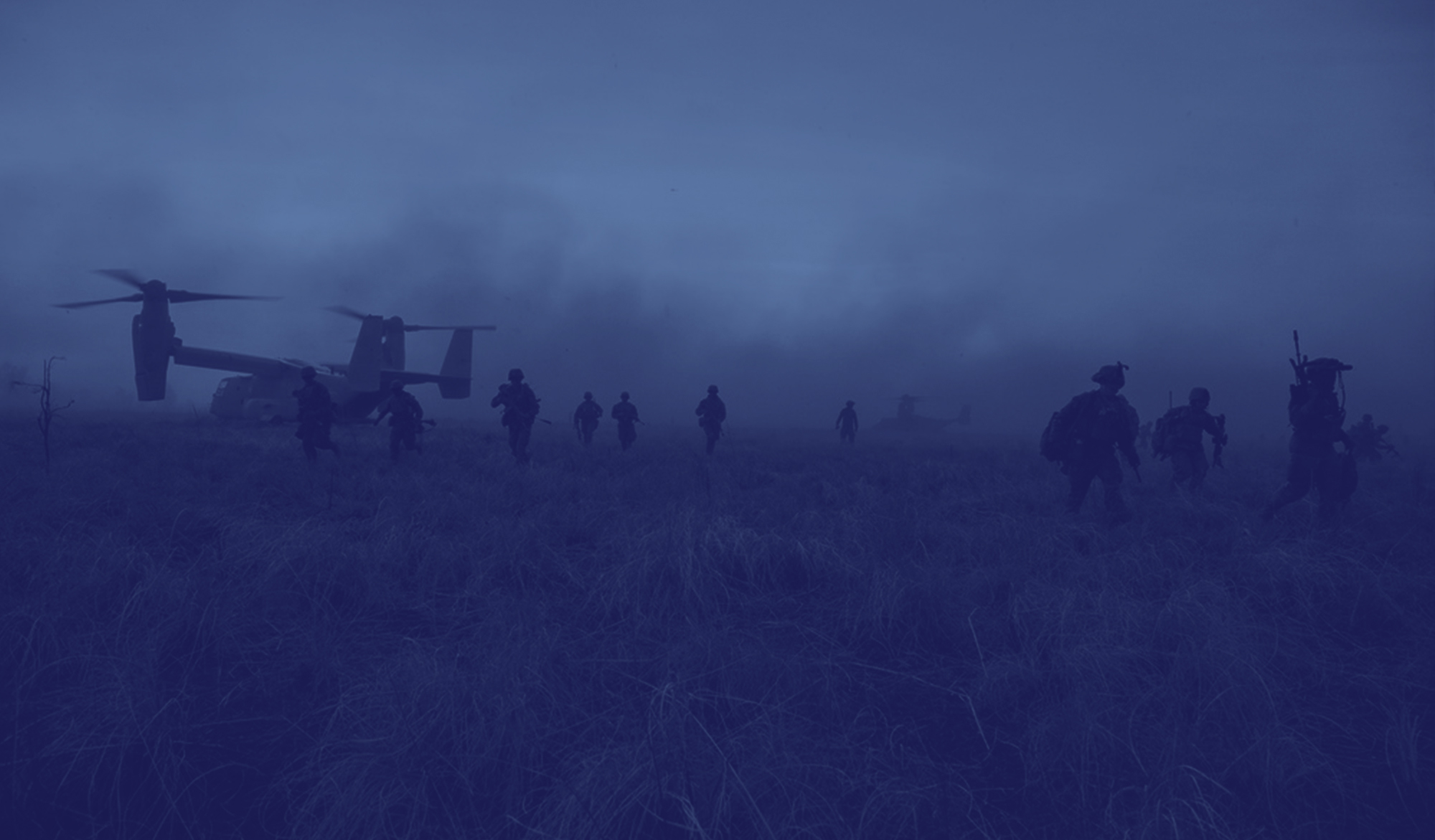Despite ban on women in combat, the front line in Iraq is everywhere
(CNN) — The Pentagon’s policy banning women in combat is being tested in Iraq, where the lack of a defined front line and insurgents’ guerrilla tactics expose female troops to deadly situations.
On Thursday night, a suicide car bomber struck a U.S. convoy in Falluja. The attack killed at least four Marines — including three women, U.S. military sources said.
Of 13 Marines wounded in the attack, 11 were female, the sources said. A Marine and a sailor remain unaccounted for. Their genders were not disclosed.
It was the deadliest day for U.S. women in uniform since World War II, according to Pentagon statistics.
A female Marine killed in the attack has been identified as Lance Cpl. Holly A. Charette, 21, from Cranston, Rhode Island.
A military news release in May profiled Charette who served as a mail clerk at the Marine Camp Blue Diamond in Ramadi.
The profile included a photo of her carrying an M-16 rifle and a mail bag. The profile quoted her as saying she planned to join the U.S. Postal Service after leaving the military next year.
The Marines were attacked while traveling to Camp Falluja after working at entry control points in the city, according to a Marine Corps statement.
Thirty-nine female U.S. troops have died in Iraq and three female Defense Department employees have been killed while working there. Six female troops have died serving in Afghanistan.
Pentagon policy prohibits women from serving in front-line combat units, such as infantry, armor or artillery. But in Iraq, female troops are participating in close-quarters combat more than in any previous war.
The Marine Corps says that female Marines are helping the military respect cultural sensitivities in Iraq, where men and women do not mix as much as in Western countries.
“Female Marines play a vital role providing security at the entry control points in the city,” according to the statement.
“They search female Iraqi citizens moving through the checkpoints. Female Marines are employed in this role in order to be respectful of Iraqi cultural sensitivities. Their assignment to this mission is in full accordance with Department of Defense and Marine Corps policy.”
CNN’s Jane Arraf, embedded with a Marine unit in western Iraq, says the military is struggling with the cultural issue of using female troops to search Iraqi women during raids or at checkpoints.
“It’s one of the things that the Marines and the Army feel they’re lacking right now, particularly the Marines, which have very few women in those roles,” Arraf said.
Arraf reported that several weeks ago, a Marine was shot and killed by a woman who opened fire on him. The woman was killed by return fire from Marines.
“But when we go into houses with the Marines and with the Army, there is almost never a female along who can search women to see if they have weapons on them. It’s something they are grappling with in this ever-changing insurgency and the ever-changing tactics of the insurgents and the foreign fighters.”
Female soldiers and Marines are usually assigned to support units, like logistics or transportation. But even those units are exposed to the same dangers as combat troops because of the guerrilla tactics of the insurgents.
“They’re in convoys, taking the same risks as the male solders and Marines,” Arraf said, reporting from the region of Iraq near the Syrian border.
“The biggest risk here at the moment are those roadside bombs, the explosive devices. They’re getting increasingly sophisticated and increasingly powerful. And there seems to be almost a never-ending supply of suicide bombers, all of them said to be foreign fighters still coming through here.”
Silver Star for female soldier
A female National Guard soldier recently was awarded the Silver Star, the nation’s third-highest medal for valor, for her role in a firefight with insurgents. Sgt. Leigh Ann Hester of Nashville, Tennessee, is the first woman to receive the award since World War II.
Hester received the Silver Star in a ceremony at Camp Liberty, Iraq, along with two other soldiers from the Kentucky National Guard’s 617th Military Police Company.
Three more soldiers received the Bronze Star. Hester’s unit thwarted an insurgent ambush against a coalition convoy on March 20. After a 45-minute firefight, 27 insurgents were dead, six wounded, and one captured. Three soldiers from the 617th were wounded. (Full story)
In Falluja, female Marines normally assigned to support units are providing security and searching women and children. According a story on the Marine Corps Web site, six female Marines attached to 3rd Battalion, 4th Marine Regiment, Regimental Combat Team-8, are stationed at entry control points throughout the southern sector of the city.
At those checkpoints, Iraqi women and children pass through a search area hidden from male Marines and civilians, where the female Marines, known as the Female Search Force, search them. Iraqi men go to a separate area where male Marines search them.
The female Marines also help search vehicles that pass through the checkpoints.
Capt. Sean K. Butler, a 36-year-old commander of the battalion’s Weapons Company, said the female Marines have an important role in the battalion’s operations.
“It’s out of respect for Iraqi culture,” he said. “In this society, men and women don’t associate as freely as we do in the states.”

